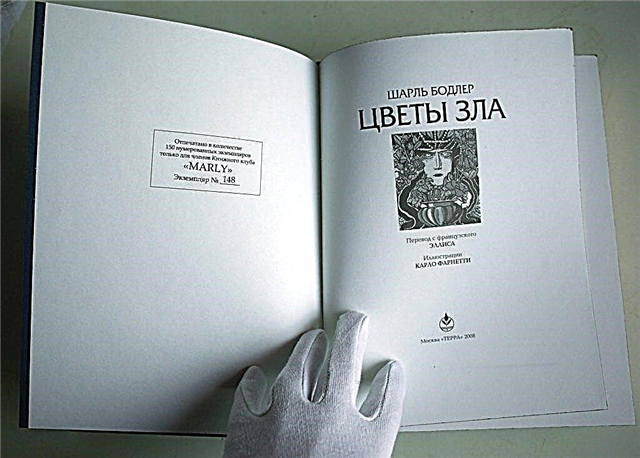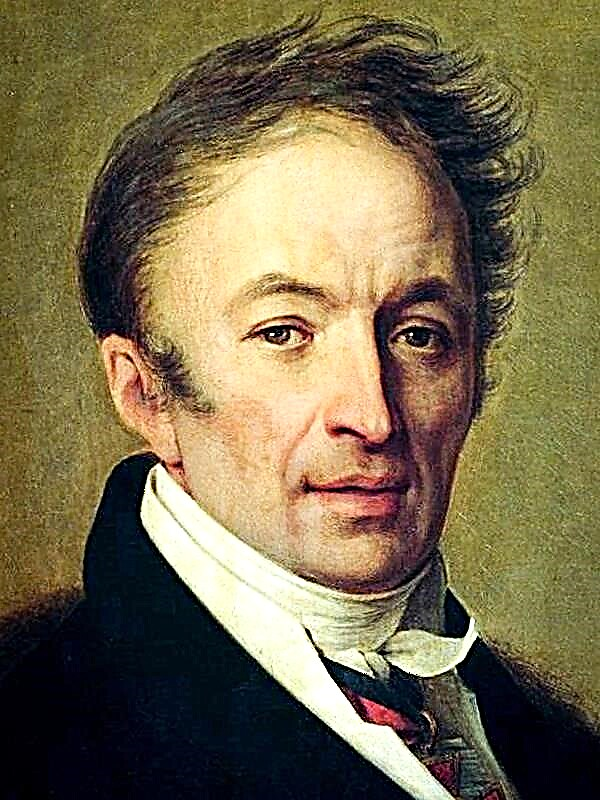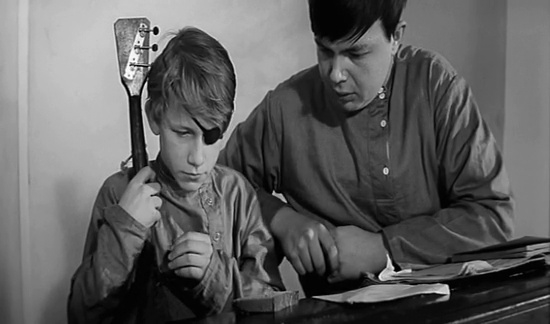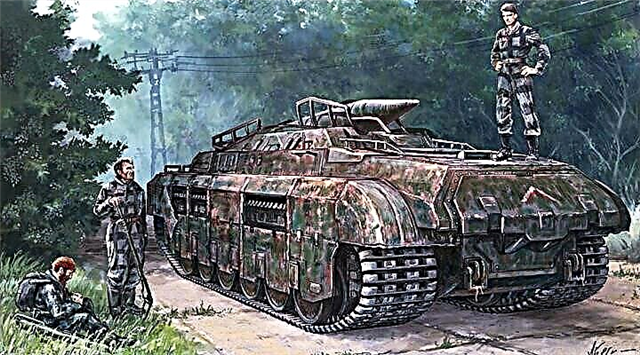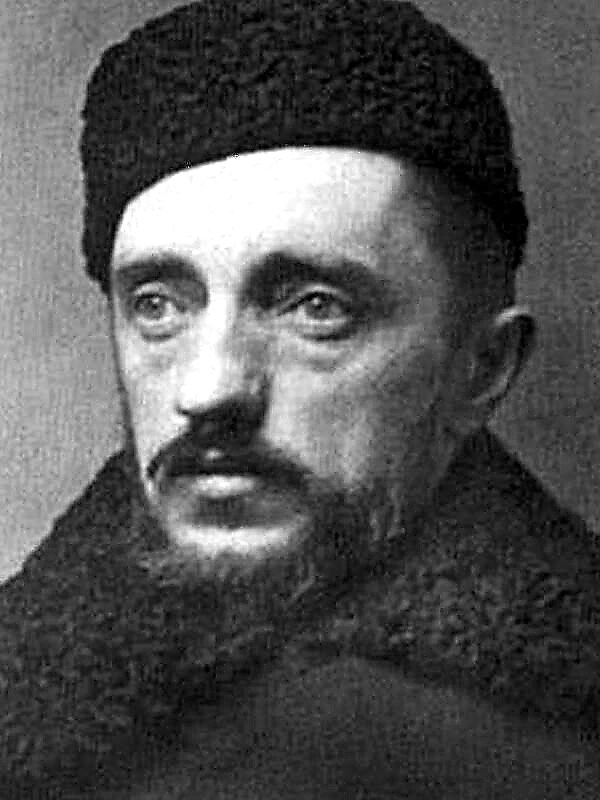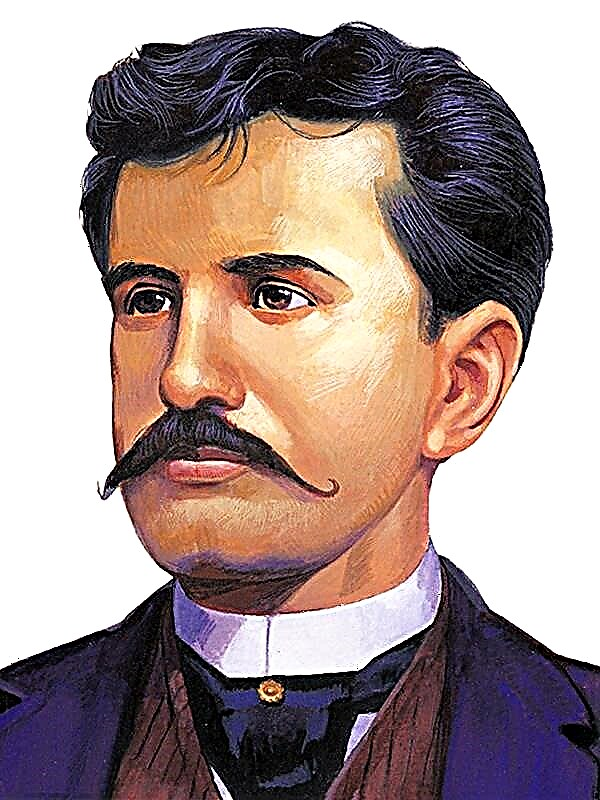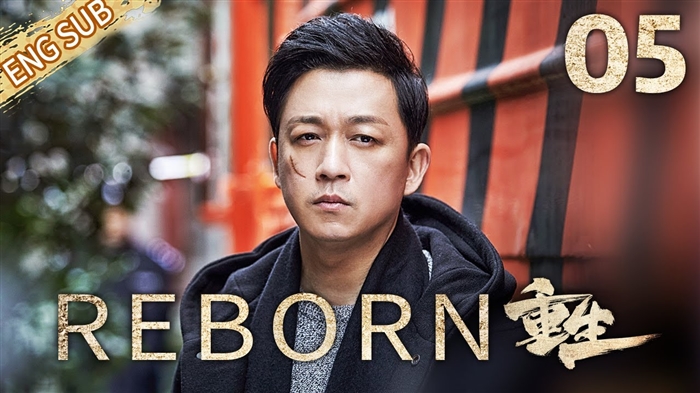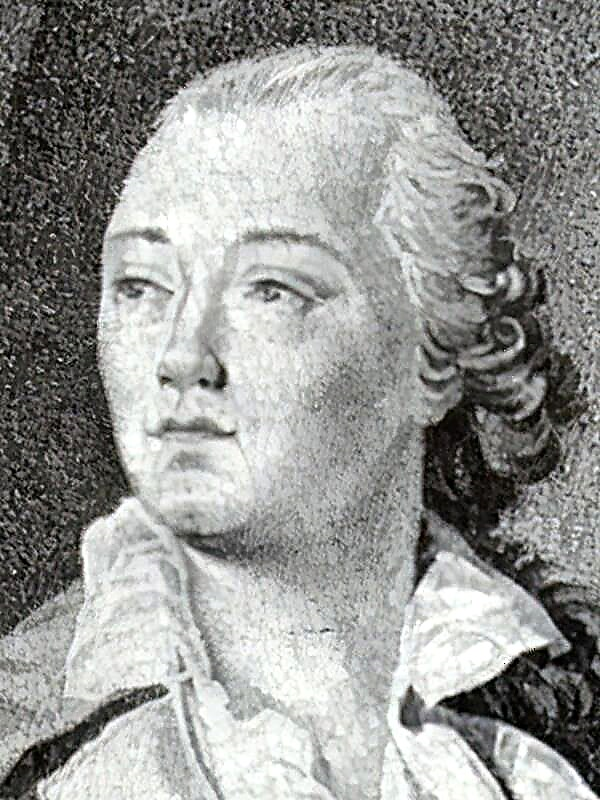Share
Pin
Tweet
Send
Share
Send
Here are the most popular childhood problems that are addressed by authors of different directions and eras. Each of them is reflected in the headings, under which you can find suitable arguments for the essay on the exam in the Russian language. All these examples can be downloaded in the table at the end of the article.
The role of the family and environment for the child
- In the poem of N.V. Gogol's "Dead Souls" authoritative instructions of Chichikov Sr. are a powerful incentive to the formation of the character and activities of the protagonist. The list of postulates included: the ability to please superior persons, communicating with people for the sake of profit, and respect for money. The strength of the paternal testament was reflected in Chichikov's adult life. He followed his father’s covenant, masterfully mastering the ability to accumulate. This adherence to authority made Paul a talented collector, but also an unhappy person, for whom the main goal in life is connected with the world of things, and money is the only true friends. Thus, Chichikov not only became an immoral person who can step over any morality for the sake of profit, but also a loner who did not know true friendship and love.
- In allegorical the tale of Antoine de Saint-Exupery "The Little Prince" in the role of authority is the Fox from planet Earth, who taught a friend the basic principles of friendship and love. The fox does not just tell the prince how to make friends and love. He tells the boy to “tame” him. Only through the process of "establishing bonds" does the hero understand the truths that the Fox preaches. He, at the cost of his suffering, learns the Little Prince, and he returns to his beloved - the rose - because he once tamed her too.
Growing up problem
- The story of V.T. Tendryakova "Night after graduation" most fully reveals the problems of growing up. The transition from school to adulthood is a difficult time in the life of a teenager. The best graduate student, Julia Studentseva, taking the opportunity to speak at the prom for her class, said that she was indifferent to all the ways and opportunities that now open before her. The problem of choosing a path that will determine all future life, the search for one’s vocation is just one of the few conflicts of growing up that are reflected in the story of V.T. Tendryakov.
- Trilogy L.N. Tolstoy “Childhood. Adolescence. Youth" tells about the problems of moral development of Nikolenka Irtenyev. The questions that occupy the protagonist are self-determination questions that ask most of the younger generation. For example, in the “adolescence”, Nikolenka painfully experiences an age gap with her older brother Volodya, envies his character. Emotions pour into uncontrollable tantrums, in a fit of which he hits the tutor. In “Youth” the protagonist is occupied with more subtle problems: he tries to organize his life by creating “rules” and trying to understand the weight of the human word. As a young man, Nikolenka is inclined to schematically share all the phenomena of life. For example, in the chapter “Love,” he reflects on the three stages of love in stages. Thus, the reader sees how complex and long the process of personality development is.
The influence and role of childhood in human life
- Young monk Mtsyri is a key figure in the work of the same name by M.Yu. Lermontov. All his life he yearned for the native land of the mountainous Caucasus. The hero’s personal tragedy consists in his slavery, which does not give him the opportunity to return to his home. The monologue of the young man before death contains childhood memories in which both father and sisters, and the evening hearth appear. But the main thing for Mtsyri is that his childhood memories send the hero to the thought of the ghostly and distant freedom that the young soul aspires to so much. Thus, childhood memories associated with a sense of freedom and happiness served as an incentive for the fateful escape of the hero.
- The problem of the influence of childhood memories on a person is updated in the work F.M. Dostoevsky's "Crime and Punishment". On the eve of the brutal murder, a young student, Rodion Raskolnikov, has a childhood memory dream. In it, the main character appears as a little boy, subtly and painfully feeling compassion for the horse killed by the drunk Mikolka. It is no coincidence that the author includes this dream in the narrative. This memory casts doubt on Raskolnikov’s theory, saying that no one has the right to dispose of someone else’s life. But the ideological principle still outweighs Rodion’s mind, and he still kills the old woman. However, thoughts from childhood do not let him go, it was they who laid the foundation for the contradiction in the soul of the criminal.
Child poverty
- The story of Valentin Rasputin "French lessons" most fully reflects the problem of child poverty. The central hero, on whose behalf the story is being narrated, talks about a dysfunctional family and a hungry childhood. Need pushes him to earn money through gambling in a dubious company. The scam of one of the players was noticed by a boy, after which he was badly beaten. The position of the child did not go unnoticed by the young French teacher Lidia Mikhailovna, who secretly helped the boy with food. When the sender's identity was revealed, Lidia Mikhailovna began to play with the main character for money, after which she lost her job. However, even after that, she continued to support the student. But the story of her charity reflects the unresolved problem of social protection of children, which many do not want to notice.
- In the novel F.M. Dostoevsky's "Crime and Punishment" The problem of child poverty is shown in the Marmeladov family. The children of Katerina Ivanovna had conditions of existence that were appalling in scale of poverty. They often remained hungry, which was reflected in their emaciated faces, they wore worn clothes. Finally, the very layout of the family room, which was a walk-through and hung with sheets to create the illusion of separation of space, complements the picture of poverty. The poverty of the Marmeladov family, including child poverty, prompted Sonya to step over herself and go “on a yellow ticket”.
The problem of adult indifference
- The story of Valentin Rasputin "French lessons" most fully reflects the problem of child poverty. The poverty of the Marmeladov family, including child poverty, prompted Sonya to step over herself and go “on a yellow ticket”.
Share
Pin
Tweet
Send
Share
Send

